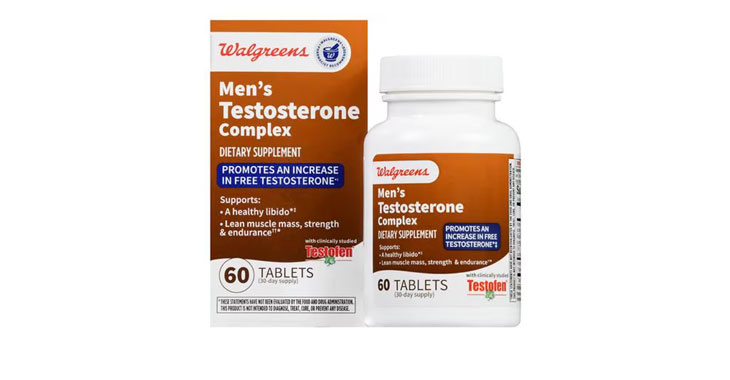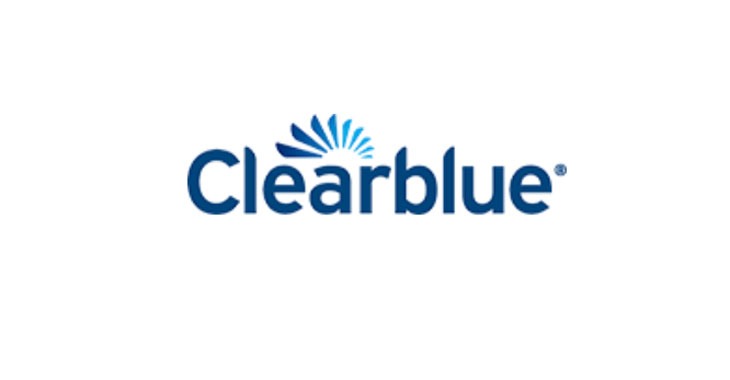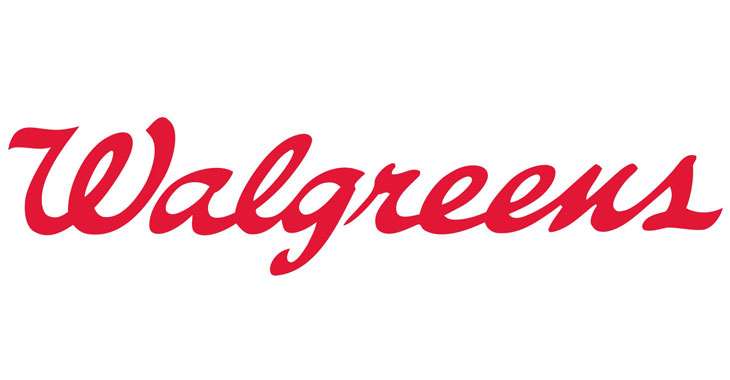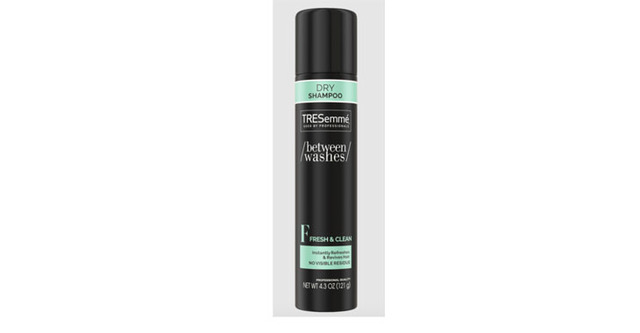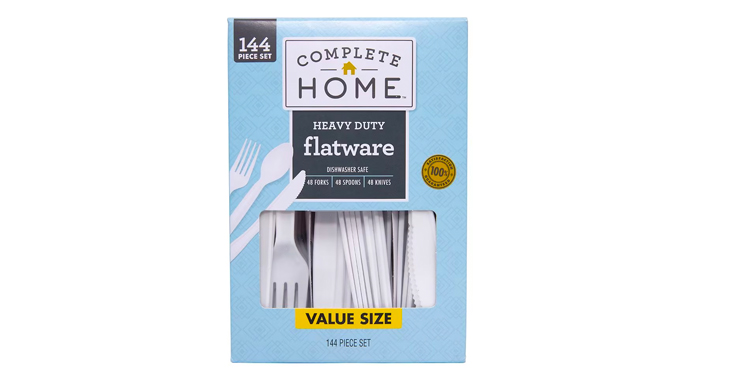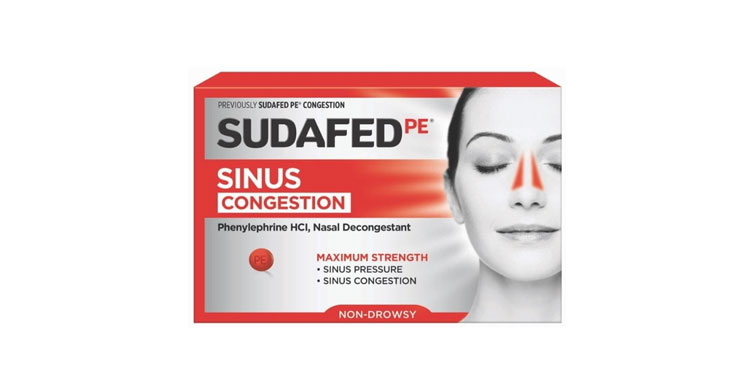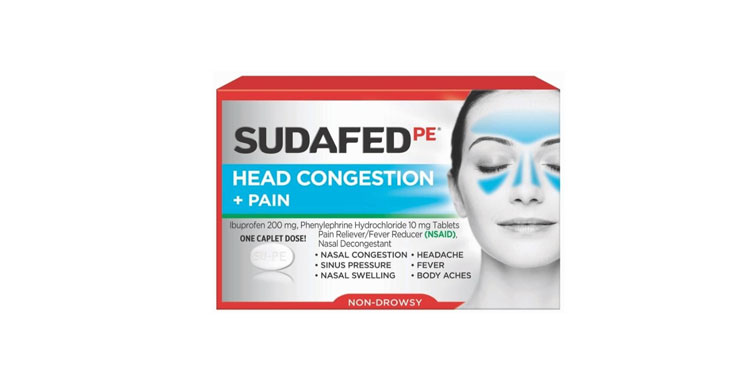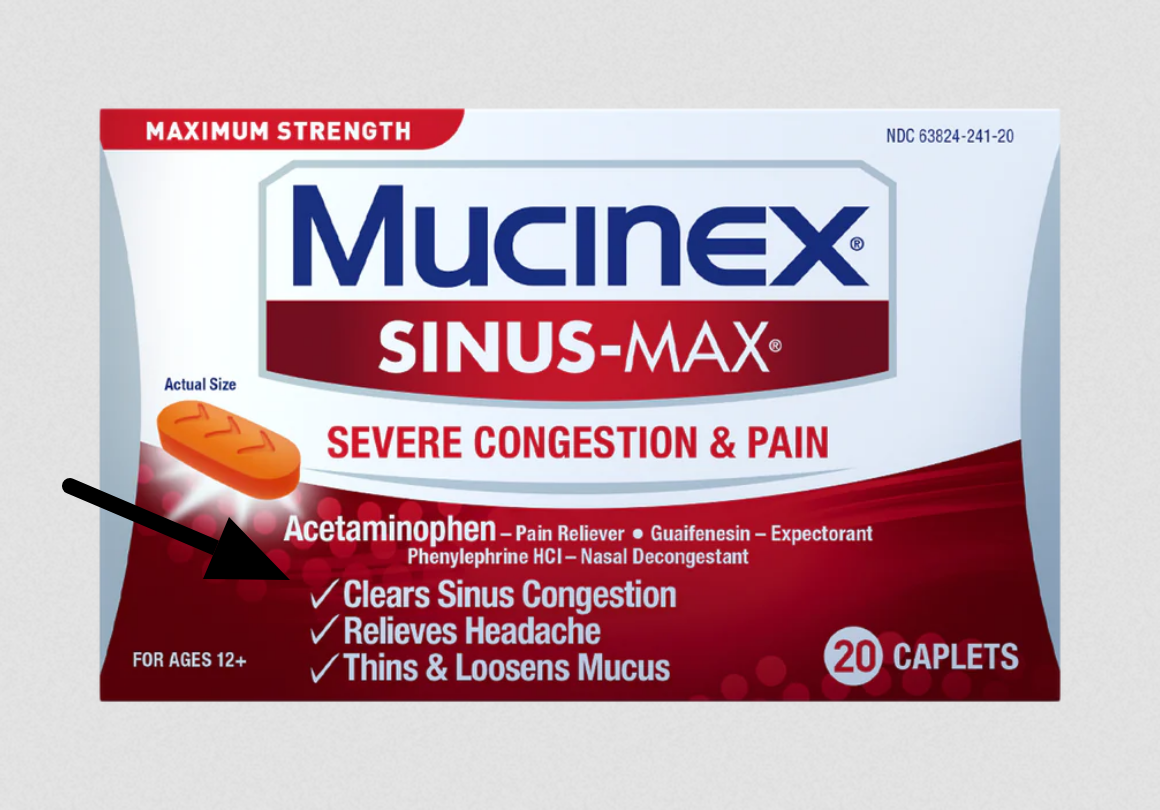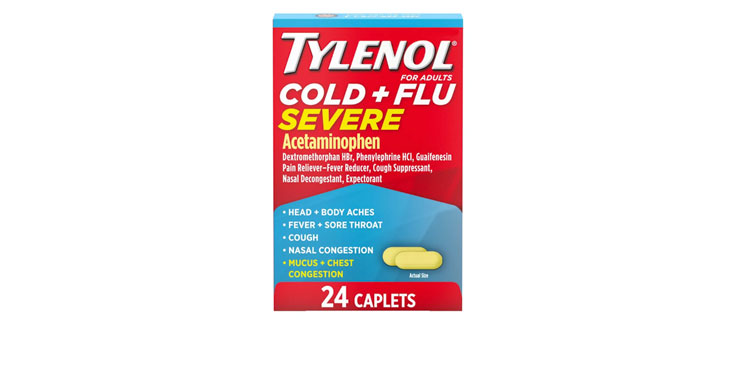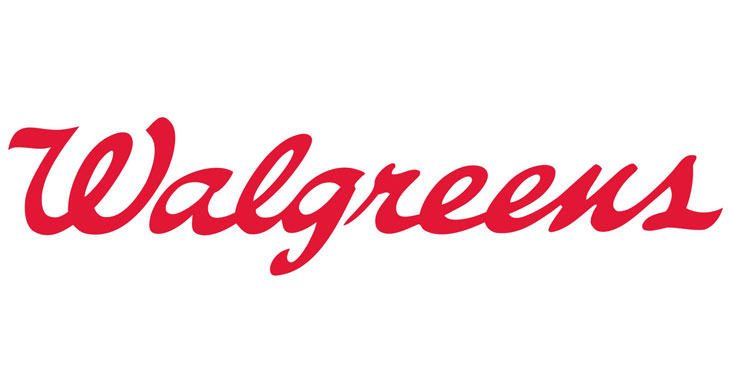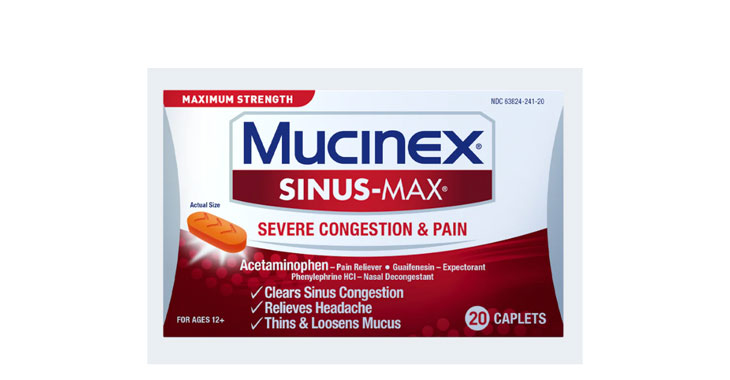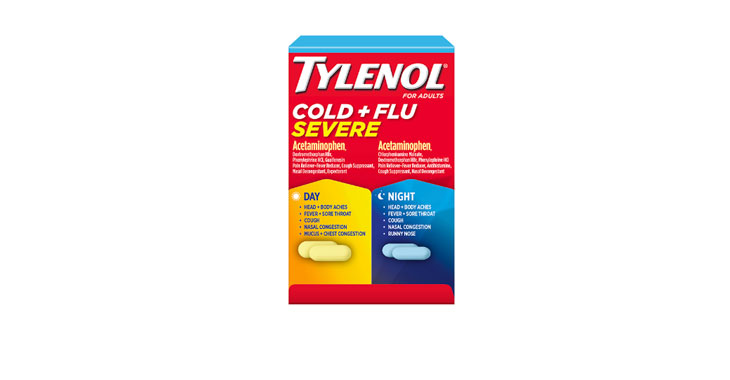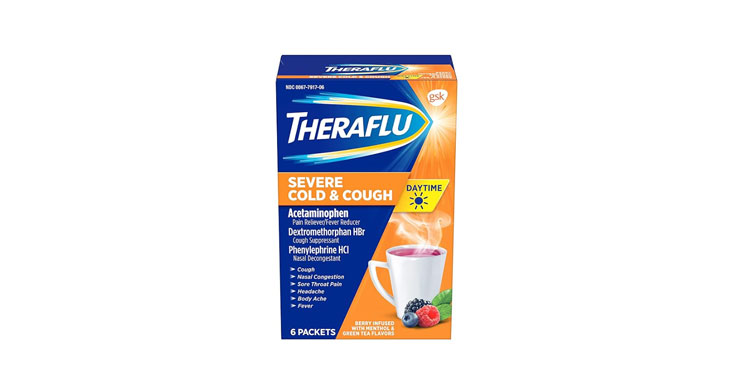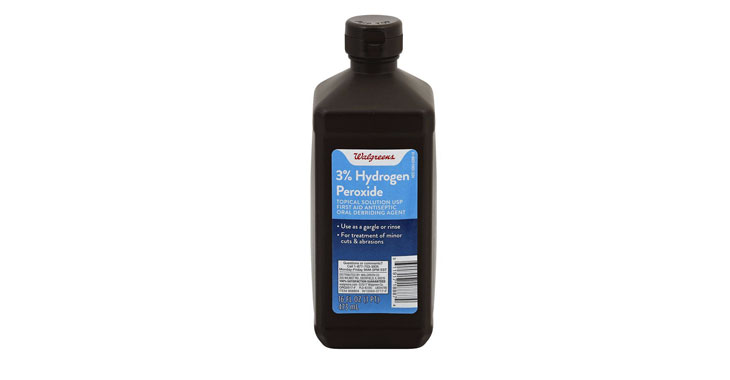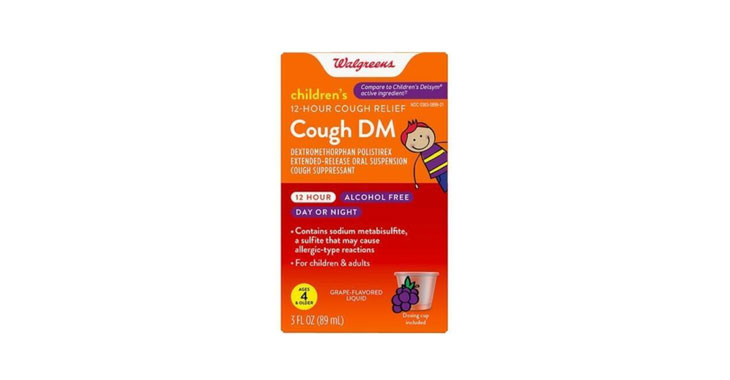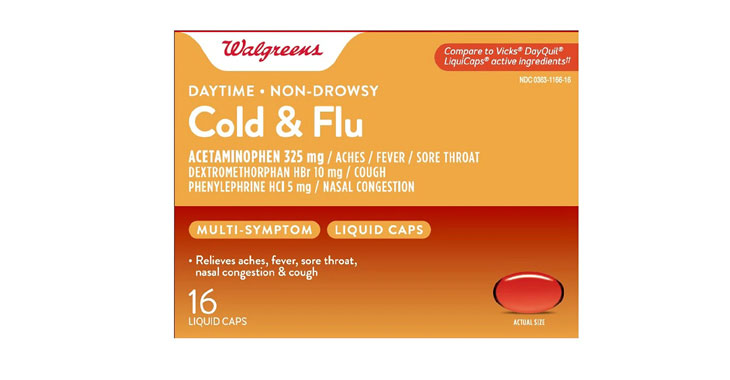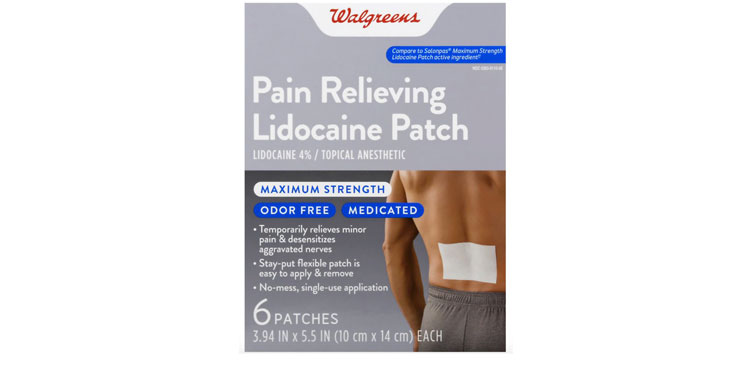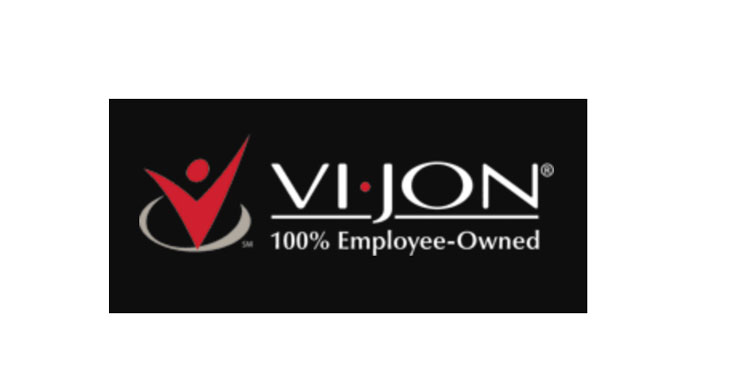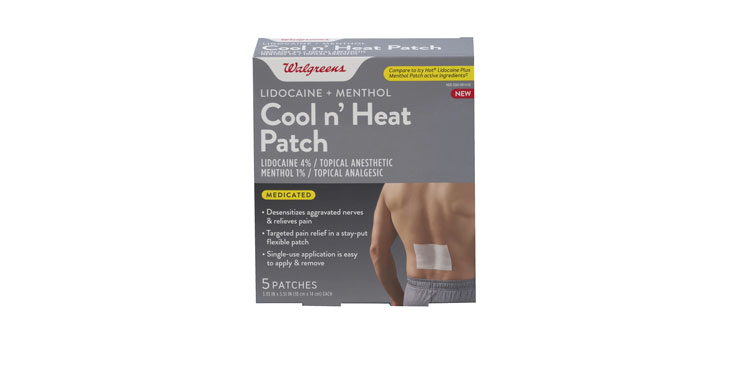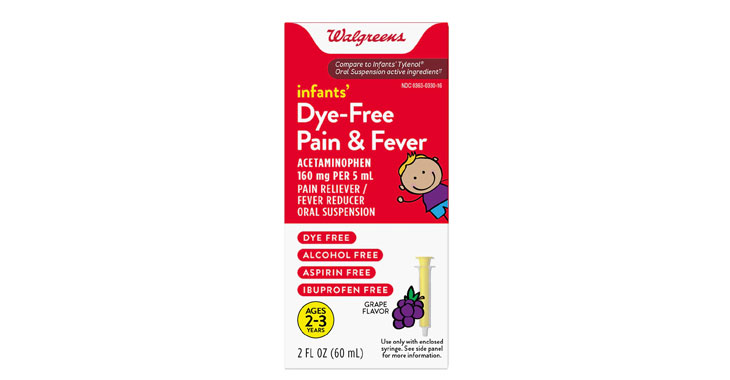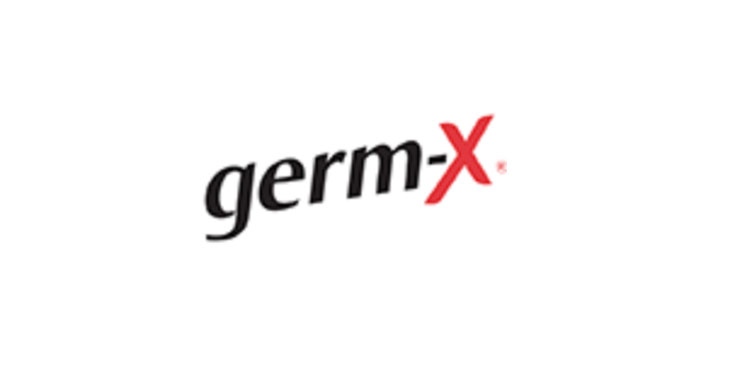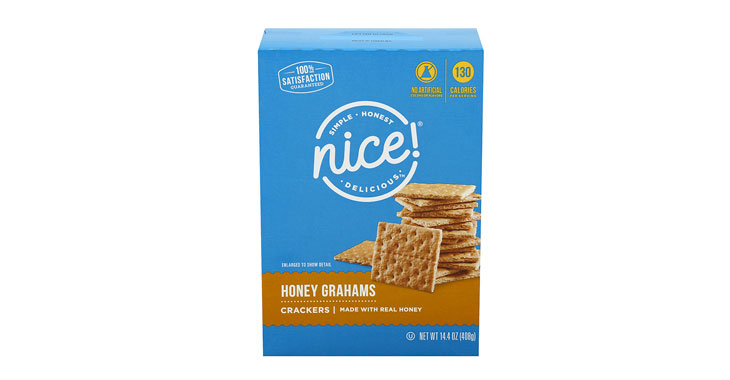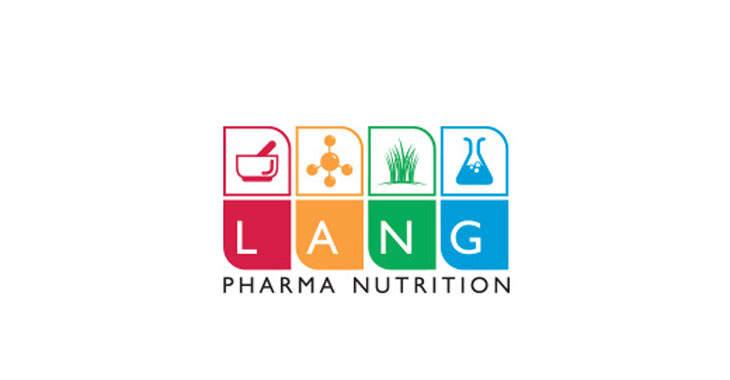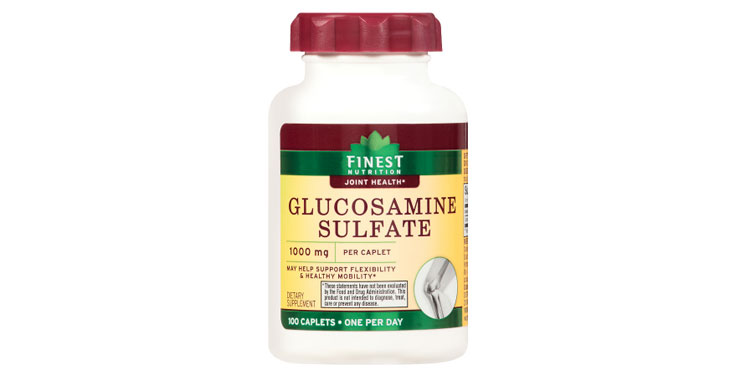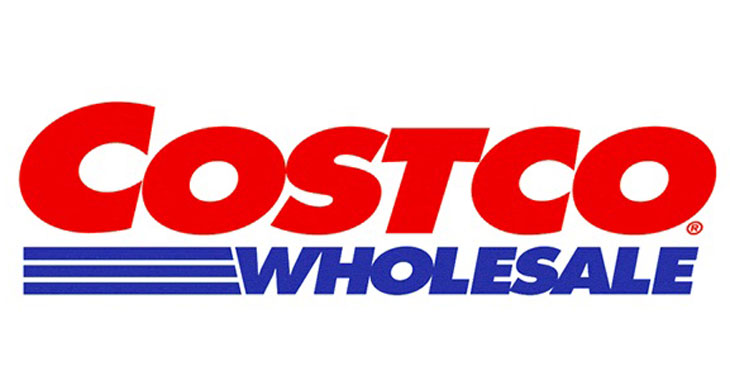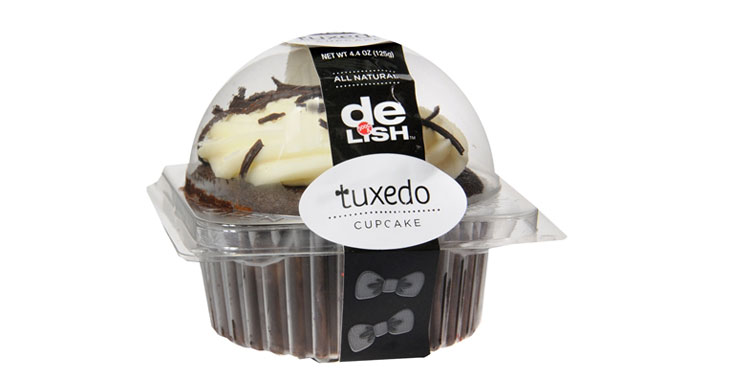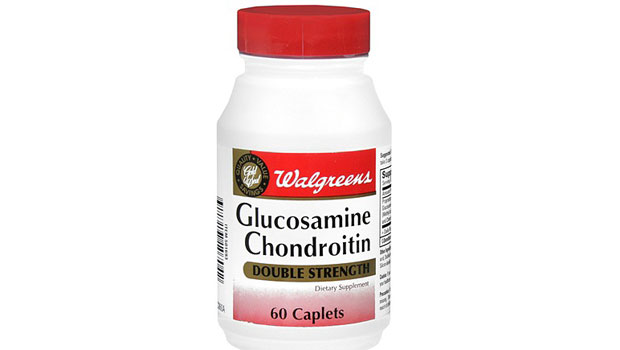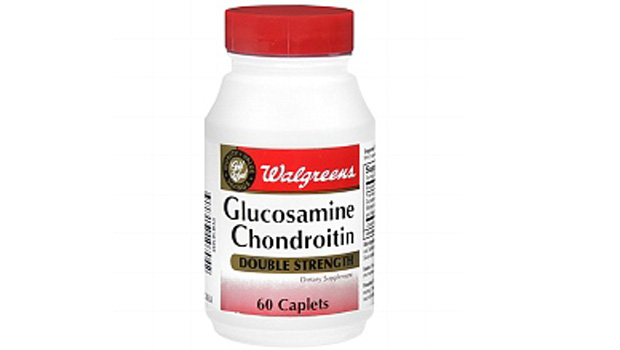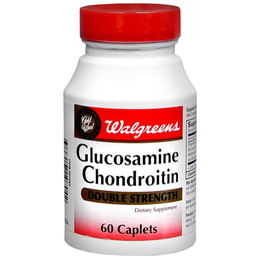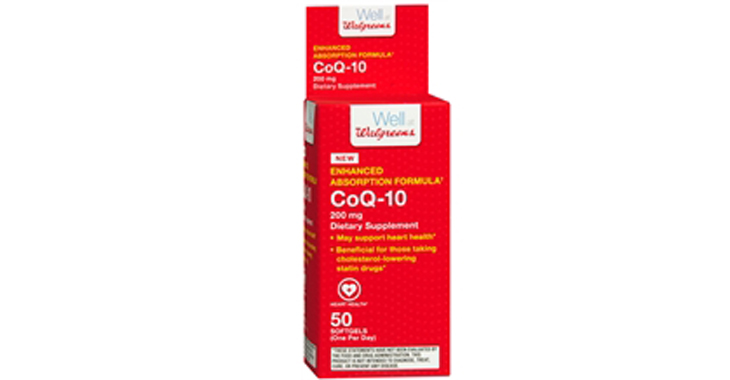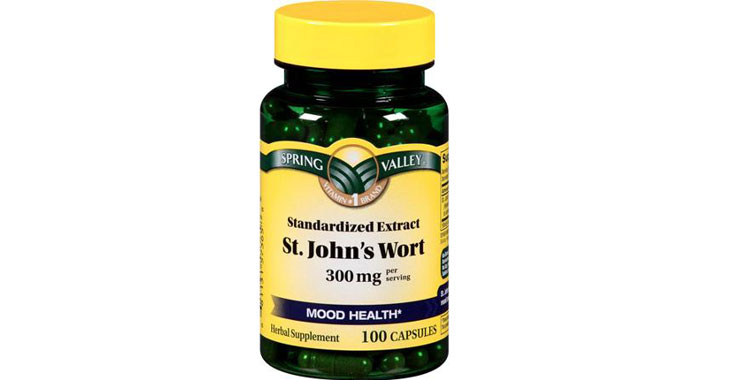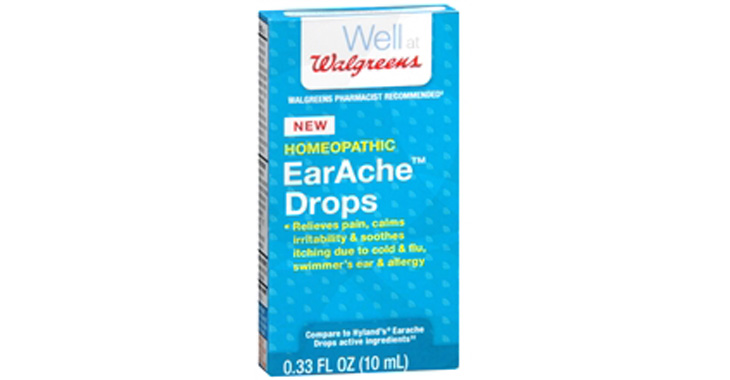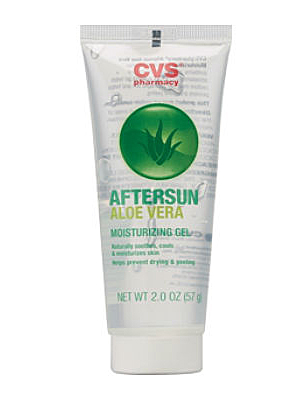March 2015: A federal judge granted final approval of the revised settlement agreement.
January 2015: The parties to the lawsuit renegotiated the settlement agreement and filed an amended agreement in court. The amended agreement prohibits the defendants from conveying the message that its supplements can repair, strengthen, or rebuild cartilage (and is no longer limited to six specific words but rather extends to synonymous language as well). The duration of the injunctive relief was also amended: Instead of expiring after two years, the injunction continues in perpetuity (until and unless the defendants become aware of scientific evidence to substantiate the preexisting cartilage claims and the Court allows them to reinstate the banned language).
November 2014: TINA.org filed a brief as (Latin for “friend of the courts.”) A person or organization that is not a party to a lawsuit but has a significant interest in the case and offers information that may be important to the court’s determination. opposing the terms of the proposed settlement as unfair to consumers. For a summary of TINA.org’s legal efforts in this case, click here. To see TINA.org’s full brief, click here.
AARP Foundation Litigation also filed an objection to the settlement on behalf of a class member. To see the full objection, click here.
A final fairness hearing is scheduled for February 6, 2015.
August 2014: A federal judge preliminarily approved the settlement of this class-action lawsuit, which, if given final approval, will also resolve seven other lawsuits making the same allegations. To learn more about each case, click on the case information below.
- Guilin v. Walgreen Co., Case No. 11-cv-7763, N. D. IL.,
- Eckler v. Wal-Mart Stores, Inc., Case No. 12-cv-727, S. D. CA.,
- Nunez v. Supervalu, Inc., Case No. 13-cv-626, S. D. CA.,
- Calvert v. Walgreen Co., Case No. 13-cv-1161, W. D. PA.,
- Group v. Walgreen, Co., Case No. 13-cv-81105, S. D. FL.,
- Gross v. Walgreen Co., 13-cv-6630, D. NJ., and
- Nelson v. Walgreen Co., Case No. 13-cv-1871, D. DE.
A Final Approval Hearing is scheduled for December 12, 2014.
May 2014: The parties in a class-action lawsuit against Walgreen, Walmart, and Supervalu for allegedly deceptively labeling their glucosamine supplements moved for preliminary approval of a settlement agreement. The complaint, which was originally filed in 2012, alleged that the companies deceptively advertise that their glucosamine supplements will “rebuild cartilage,” among other things, without scientific evidence to support such claims. According to the settlement terms, class members with proof of purchase are eligible to receive a full refund of the receipt price for every product purchased (class members without proof of purchase may receive a $12 refund for up to eight products). The companies also agreed to stop using six specific words (i.e., “rebuilding,” “renewing,” “regrowing,” “growing,” “adding,” and “regenerating) on the product labels and add the language “individual results may vary” for a period of 2 years. (Quinn et al v. Walgreen Co., Case No. 12-cv-08187, S. D. NY.).
For more information about other class-action lawsuits regarding glucosamine supplements and TINA.org’s coverage of the company, click here.
For more information about other class-action lawsuits against Walgreen Co. and TINA.org’s coverage of the company, click here.
